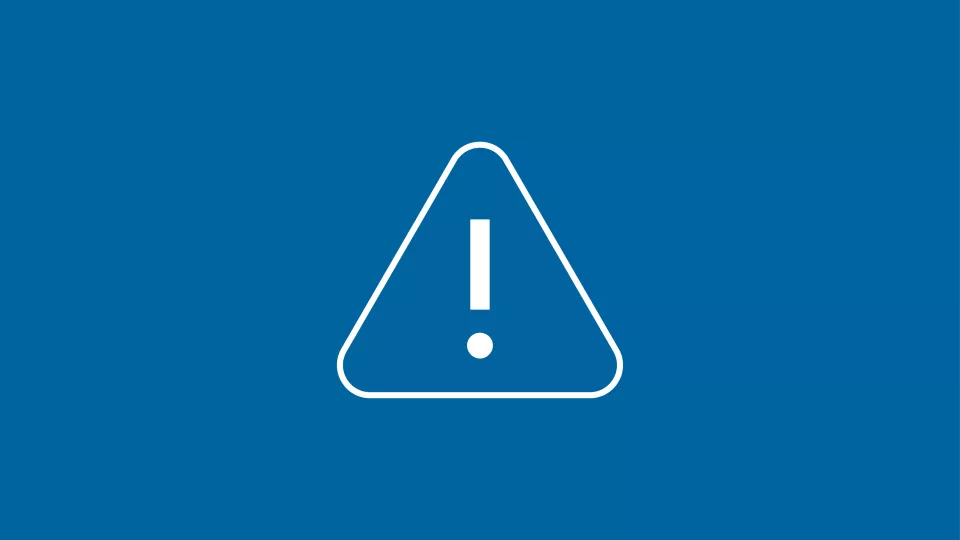
All Children’s Hospital Los Angeles locations are open.
Wildfire Support Line for Current Patients, Families and Team Members:
323-361-1121 (no texts)
8 a.m. - 7 p.m.
Every time the heart beats, electrical signals move through it, causing it to contract and pump blood. An electrocardiogram, also called an EKG or ECG, records and measures these electrical signals. This test is noninvasive and painless.
An EKG shows:
EKG results help doctors diagnose or rule out certain heart conditions, such as:
Doctors may use electrocardiograms in different ways, depending on your child’s symptoms and heart health. Your child may get an EKG:
At Children’s Hospital Los Angeles, we have dedicated pediatric electrophysiologists who specialize in children’s heart rhythm disorders. Our pediatric electrophysiologists work with nurses and technicians to conduct EKGs at our hospital. You can stay with your child during the test.
Here’s what to expect at each stage of an EKG:
Some things can interfere with the accuracy of an EKG. To prepare for the test, your child should avoid:
Your child can wear comfortable clothes and eat or drink at normal times. Most children do not need to avoid eating before the test. Children should take their medications as usual unless their doctor gives different instructions.
When it’s time for the test, we place stickers called electrodes on your child’s chest, wrists and ankles. They do not cause pain.
Your child’s technician connects the electrodes to the EKG machine, which records the heart’s electrical activity.
Your child will need to lie still for a standard EKG. We ensure your child is warm and comfortable.
This part of the test takes about 10 to 15 minutes. The technician may ask your child to hold his or her breath for a few seconds.
After your child’s test is complete, our pediatric electrophysiologists analyze the results. They will discuss them with you and what they mean for your child’s treatment plan.
At CHLA, your child receives excellent care from world-class experts. Learn more about our nationally ranked pediatric cardiology care.